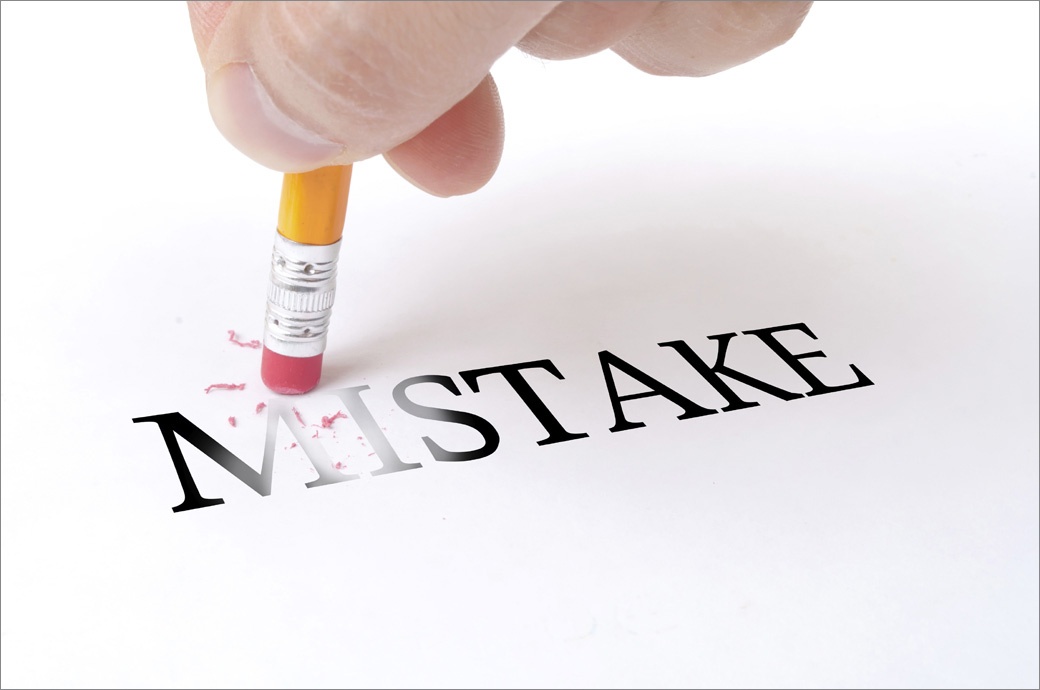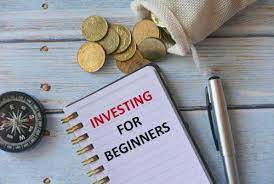So, trading.
The biggest mistake newbies make to investing is trading instead of investing. Let’s understand what are the differences between these two approaches and why exactly beginners are faced with the threat of trading.
He is usually started with because he looks very attractive. Easy to attract with a quick (ostensibly) and clear definition of income. I bought it cheaper and sold it dear, the difference is in my pocket. The chart is always moving, the price is changing, so there is always a difference. It seems to sound easy: you can make money by buying, or you can make money by selling, and it seems like it doesn’t matter where the price rises.
Nobody, of course, at the entrance says that the price is very difficult to predict and it may go in the wrong place, and trading for short periods of time without expensive instruments has more to do with the lottery than with investments.
But year after year, month after month, thousands of people, seeing easy earnings, think that they will succeed. They will sit down, calculate, find the right technique or a better approach. As beginners sometimes think: “a person driving an expensive car working on the beach with a laptop cannot be wrong, since he earned money on trading, then I can also”. And who said that in trading?
No one at the start understands with whom he is entering into a struggle, entering the path of short-term trading. Yes, yes, embarking on the path of trading, you enter into a struggle.

But more on that later, first I’ll tell you what is fundamental in trading to make money on it:
- Speed. The offer is limited and the faster you complete the deal you need, the better. If you were late, someone else bought at that price.
- Big business. They will tell you that you can start trading with small amounts, but they will forget to tell you about the commissions for each trade that gobble up your deposit and negate the income from positive trades. No, trading is about big capital. At least this is tens of thousands of dollars, which you do not mind, since the risk is very high.
- As strange as it may sound, this is someone else’s money. Yes, most traders manage other people’s money and are protected by an army of lawyers from clients’ claims.
Who are the competitors of would-be novices on the way to making money on trading? Large funds, large investment companies. Those with the resources:
- Speed. The competition is in a fraction of a millisecond. Companies are trying to put their trading terminals as close to the exchange as possible, to make the communication channel as fast as possible, so that, while a newcomer is thinking about which asset to buy, make millions of transactions per second. Yes, you read that correctly, we are talking about exactly this number of trades per second. You will not have time to click the mouse to buy an asset at a certain price, millions of transactions at a certain price will already change the alignment and nullify the difference on which you wanted to make money.
- Capital. Large funds turn around a couple of three billion dollars a day, they can, if desired, add more quietly. As you understand, they can just as easily influence the price of assets, without too much straining. At the same time, guessing where the price will go in the short term is like guessing which set of numbers will win the lottery next time. It is precisely those who control this price and possess large capitals that guess.
- Managing other people’s money, which means a minimum of nerves. Do not compare with a beginner, especially with one who is trying to make money on trading by investing the last money. As I have said more than once, the vast majority of traders are professionals and manage other people’s money.
And a few more arguments not in favor of trading.
- The vast majority of people who come to trading have been engaged in it for no more than a year. Most maximum 3 years. Further, burnout begins due to nervous overstrain, lack of money management (competent management of your deposit for trading) and resources in the form of a constant flow of money from other sources to finance this expensive hobby – trading.
- Over the long term, trading loses a lot to conventional medium and long-term investment. This has been proven more than once. Let me give you an example below.
Example
The famous, the world’s largest investor Warren Buffett entered into a dispute with traders – that conventional long-term investment will always be more profitable than trading. And, for 10 years, from 2007 to 2017, Buffett calmly invested in the S & P500 index, and hedge funds with their resources and professional traders worked as usual – they were engaged in trading.
All 10 years traders tried their best, but in the end they lost. A portfolio of 5 hedge funds in 10 years gave an increase of 22% (not per annum, but for all 10 years), and Buffett’s investments in the S & P500 gave about 85%. It turned out that it is more profitable to invest, without stress, in an ordinary index, accessible to absolutely all private investors, than to invest gigantic money, waste nerves and eventually lose.
